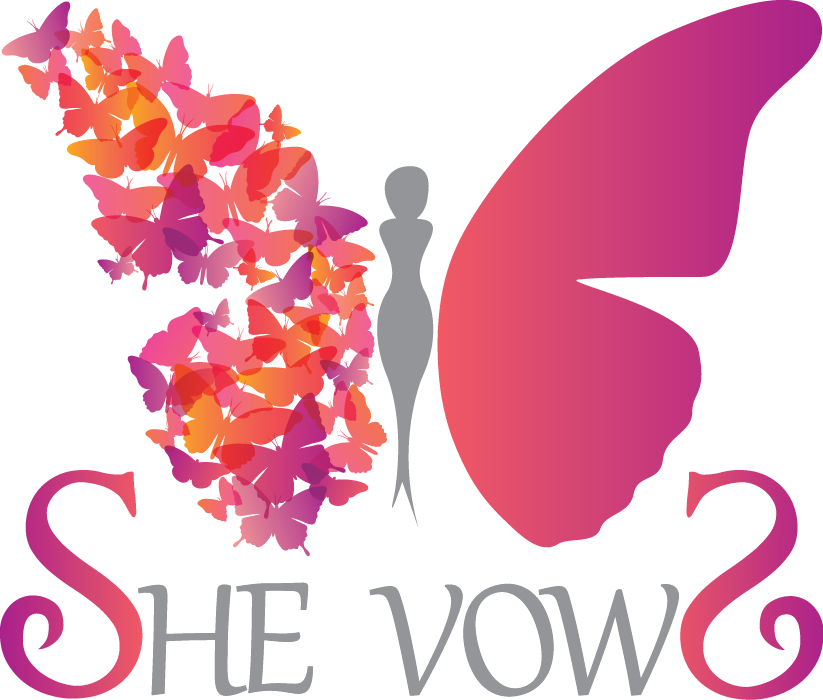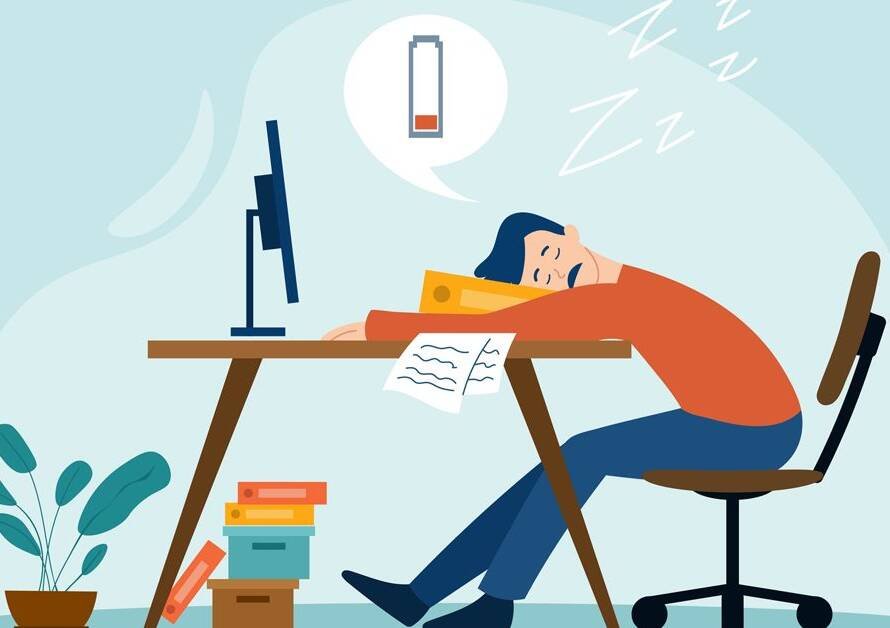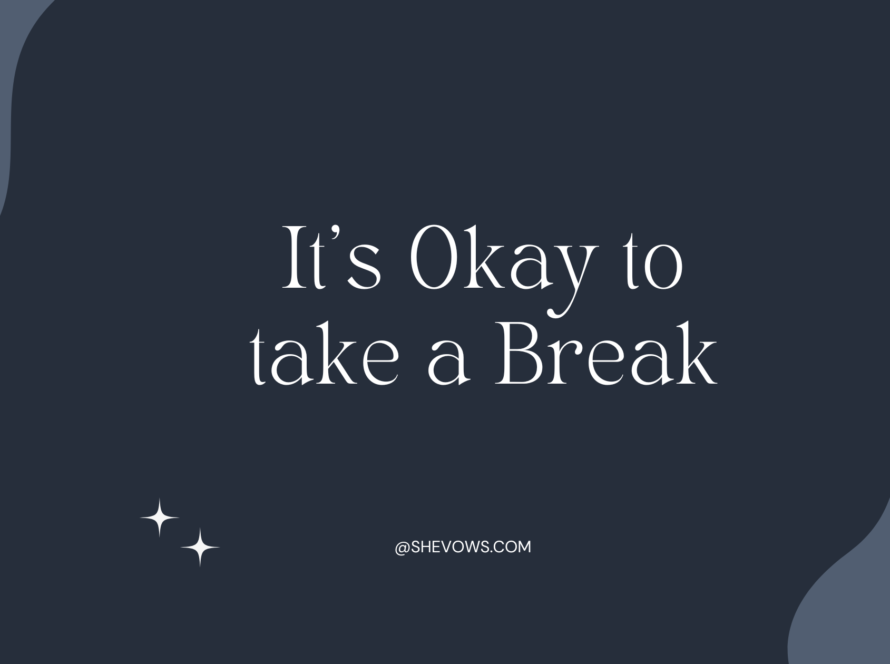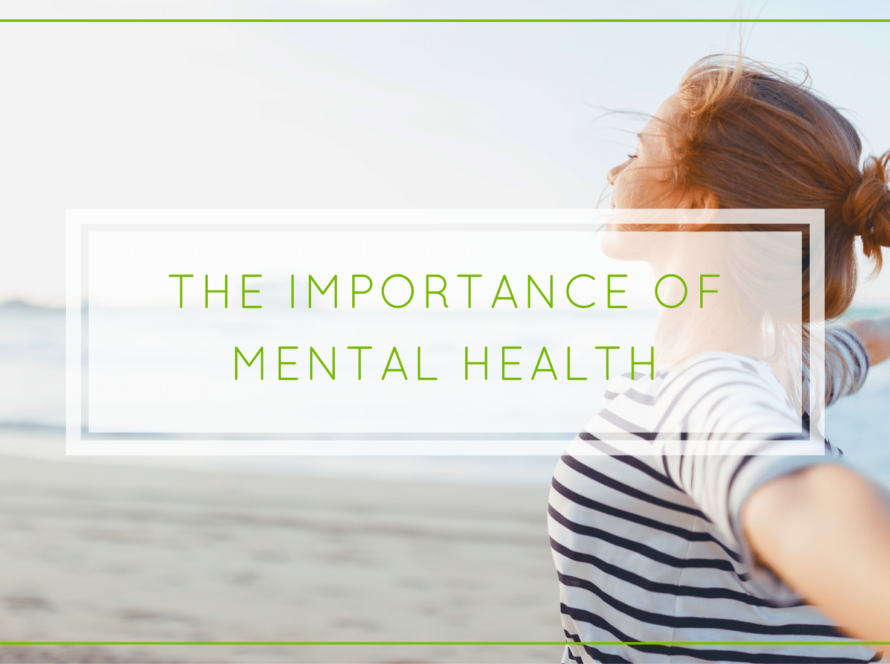Mental health has been a taboo topic for a long time. Many people have been struggling with mental health issues, but they have been afraid to speak up due to the fear of being judged or misunderstood. This silence has contributed to the stigma surrounding mental health, making it harder for individuals to seek help and support. However, breaking the stigma of mental health is crucial, and it starts with open and honest conversations about mental health.
What is the Stigma of Mental Health?
The stigma of mental health is the negative perception or stereotype that surrounds mental illness. This stigma is often perpetuated by the media, which often portrays people with mental illnesses as dangerous or unpredictable. As a result, many people are afraid to seek help or disclose their mental health status for fear of being labeled as “crazy” or “unstable.”
Breaking the Stigma
Breaking the stigma of mental health starts with open and honest conversations about mental health. We need to create a safe space where people feel comfortable talking about their mental health without fear of judgment or discrimination. We need to normalize mental health and treat it as we would any other illness, such as diabetes or cancer.
One way to break the stigma of mental health is to educate people about mental illness. We need to spread awareness about the different types of mental illness, their symptoms, and how they can be treated. By educating people, we can reduce the fear and misunderstanding surrounding mental illness.
Another way to break the stigma of mental health is to speak up about our own experiences with mental illness. Sharing our stories can help others feel less alone and more comfortable talking about their mental health. By sharing our experiences, we can also show others that mental illness is not a weakness, and seeking help is a sign of strength.
Finally, we need to advocate for better mental health care. Mental health care is often stigmatized, underfunded, and difficult to access. We need to push for better funding for mental health care, better training for mental health professionals, and increased access to mental health services for everyone.
To help spread the message and break the stigma of mental health, we need to use the right hashtags and keywords. Some popular hashtags for mental health include #mentalhealthawareness, #breakthestigma, #endthestigma, and #mentalhealthmatters. Using these hashtags can help your content reach a wider audience and connect with people who are also passionate about breaking the stigma of mental health.
Conclusion
Breaking the stigma of mental health is crucial, and it starts with open and honest conversations about mental health. By educating people, speaking up about our own experiences, and advocating for better mental health care, we can reduce the fear and misunderstanding surrounding mental illness. Using relevant hashtags and keywords and optimizing your content for search engines can also help your content reach a wider audience. Let’s work together to break the stigma of mental health and create a world where everyone feels comfortable talking about their mental health.












